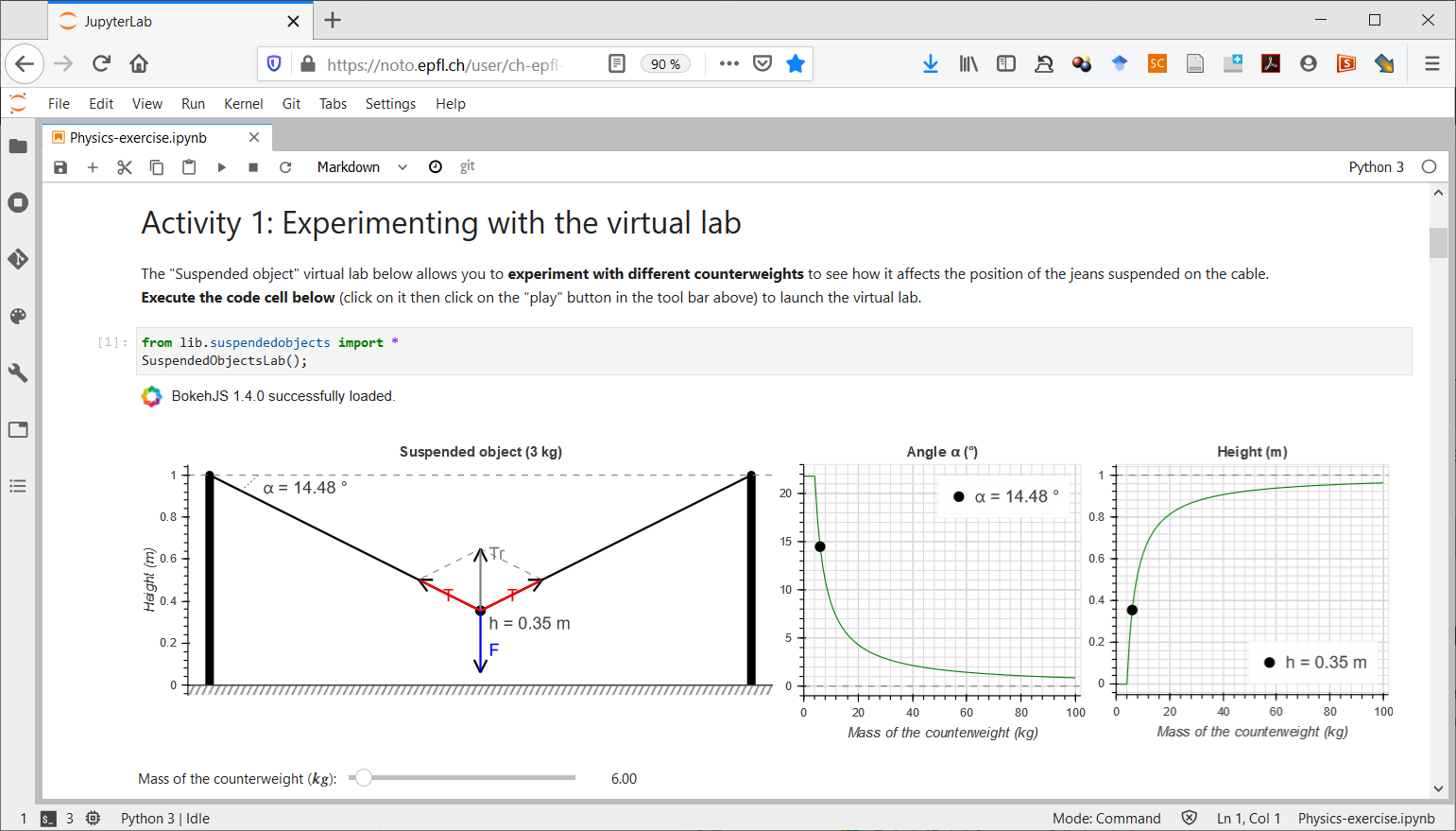

Insert into config_test values("sandeep", 20) We can insert the data into the table previously created using standard SQL commands. %%sqlĬreate table config_test(name varchar(20), value int) Let’s create a simple table `config_test` with two columns – name and value. It will create a database file with the name foo.db in your home directory, it is not existing already else it will simply initialize the connection to existing database. On CloudxLab, you can simply connect to an SQLite database using the following command.

If you are on your own Jupyter installation not on CloudxLab, you will have to install SQLite and it’s driver. Once you have loaded the sql extension, you can interact with it after initializing connection to.

SQLite database files are commonly used as containers to transfer rich content between systems and as a long-term archival format for data. The SQLite file format is stable, cross-platform, and backward compatible and the developers pledge to keep it that way through the year 2050. From their website, this description is very precise: Run the following command in the Jupyter notebook: The first thing you need to do is load the extension. Now, create a new notebook using Jupyter, New -> "Python 3" on CloudxLab. If you are not using CloudxLab, you will have to install ipython-sql using the following command: You can just open “Python 3” notebook and start with rest. If you are using CloudxLab environment, you don’t need to install anything.

The kernel that we are going to use is ipython-sql. Using Jupyter to access databases such SQLite and MySQL. Let us walk through how would you use SQL to interact with various databases from the comfort of your browser. For almost every interactive tool, there is a kernel in Jupyter. You can interact with various tools such as Python, Linux, File System, Scala, Lua, Spark, R, and SQL from the comfort of the browser. In this blog, we are going to walk through the examples of interacting with SQLite and MySQL using Jupyter notebook.Ī Jupyter notebook is a great tool for analytics and interactive computing. Therefore having access to SQL client is very important via browser. Learning SQL could help you excel in various roles such as Business Analytics, Web Developer, Mobile Developer, Data Engineer, Data Scientist, and Data Analyst. You not only can access the relational databases but also big data using Hive, Spark-SQL etcetera.


 0 kommentar(er)
0 kommentar(er)
